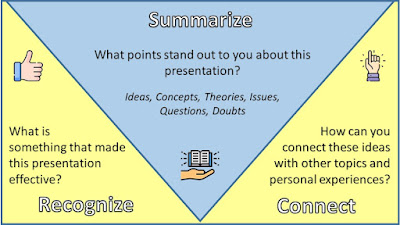English Phonetics and Phonology - Week 15: Regional Accent Variety Project
Introduction: Hello and welcome to the Week 15 of the course English Phonetics and Phonology for the Bachelor's in English Teaching at ULACIT term IIIC 2023. This week we will listen to you English regional accent variety project.
Today's Goals:
- Take the end of course diagnostic test to see how much you have learned about pronunciation this term.
- Explore the unique pronunciation features of a regional English variety.
Guiding Questions:
- What are my takeaways from this course?
- How does English pronunciation vary by accent?
Task 1: /teɪk jɔr ɛnd fə cɔrs daɪəgˈnɑstɪc tɛst/
Click the link below and review the questions to see how your knowledge of English pronunciation has expanded during the course.




.png)

























.png)








%20(1).png)



